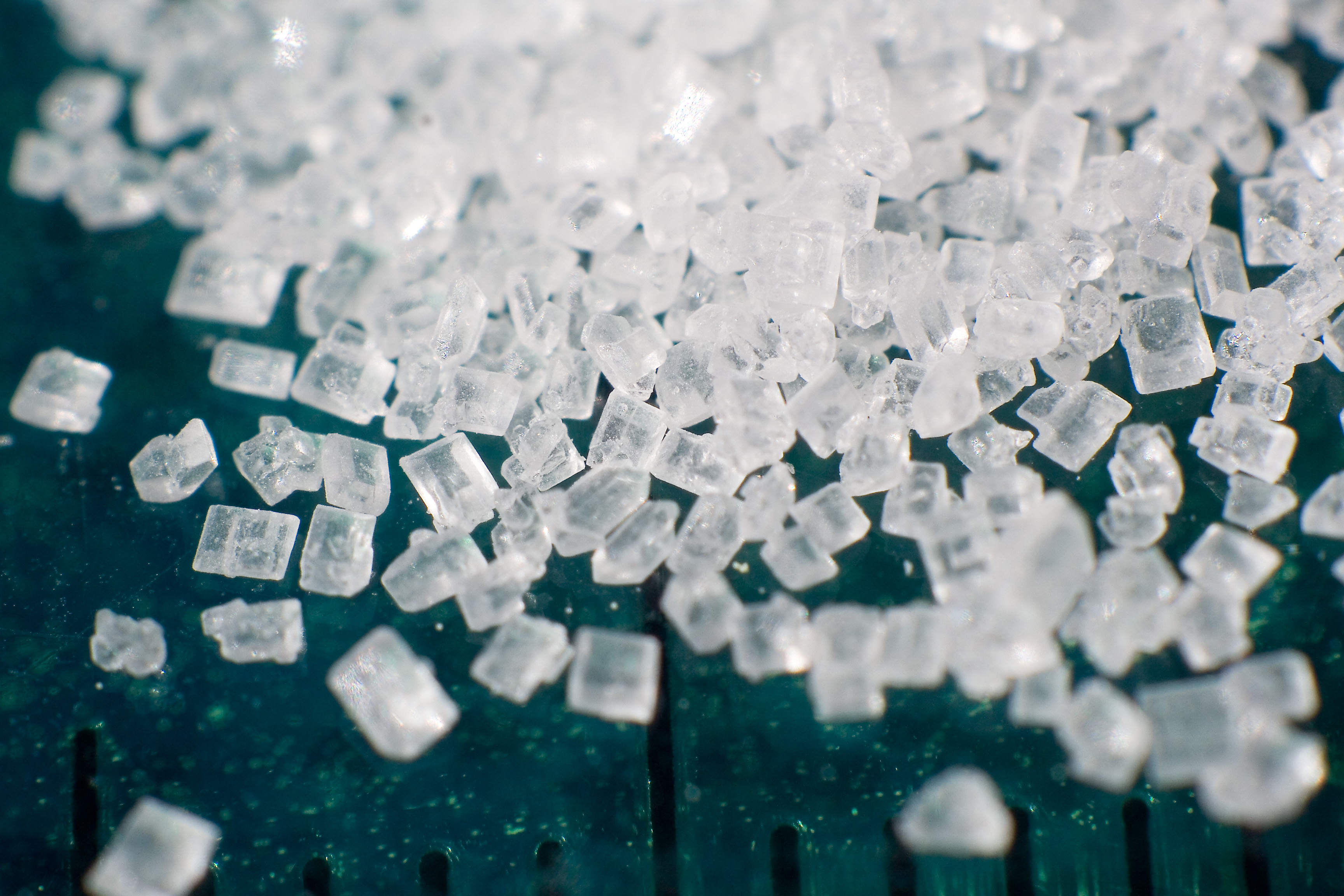.
Some of the most interesting longevity research concerns FOXO3A (homozygotic GG) and SIRT6 genes. In the case of FOXO3A, it seem to be associated also with the improved insulin sensitivity (thus allowing the body to maintain consistently LOW insulin level, reducing the risk of insulin resistance, metabolic factor and diabetes t2) throughout one's life. In the case of SIRT6 which plays a major role in DNA repair process, it appears to be upregulated with lower glucose consumption. Insulin and carbohydrates, carbohydrates and insulin...
Lots of unanswered questions: is the link accidental or not? Which is the primary and which is the secondary factor in the longevity?
Is (a) FOXO3A the primary cause of longevity while in addition improving also the insulin sensitivity? - Or, (b) is the improved insulin sensitivity and low glucose caused by the gene (or by whatever other factors...) - the primary longevity factor?
So far, the second answer (b) seems to be already demonstrated for the SIRT6 while there seems to be a growing suspicion that it is may be so for the FOXO3A as well!
This situation reminds me that the life forms may deals with any adverse environmental threat in the two-fold fashion: - either evolving a special resistance against a threat or simply avoiding the threat (in this case by not consuming the excessive carbohydrates...)
So, you either may already have the protective genes and in this case you can safely consume whatever high carbohydrate food is being marketed your way, or you minimize or avoid that stuff altogether. Everybody has a choice - and that's excellent news!
More links:
Bradley Willcox et al., "FOXO3A genotype is strongly associated with human longevity", PNAS, September 16, 2008, vol. 105 no. 37
Quote:
Human longevity is a complex phenotype with a significant familial component, yet little is known about its genetic antecedents. Increasing evidence from animal models suggests that the insulin/IGF-1 signaling (IIS) pathway is an important, evolutionarily conserved biological pathway that influences aging and longevity.
...
Long-lived men also exhibited several biological markers indicative of greater insulin sensitivity and this was associated with homozygosity for the FOXO3A GG genotype.
I also posted on this subject in
post. See the following quote from
this article about the SIRT6 gene:
Quote:
...
One explanation for this failure may relate to SIRT6’s critical role in DNA repair. Several studies have indicated that SIRT6 helps catalyze repair of the damage at numerous types of DNA lesions, including single- and double-strand breaks. A characteristic feature of aging cells is an increase in the amount of DNA damage.
...
While overexpression of SIRT6 may not be tractable in a therapeutic context, SIRT6 activity can be increased by caloric restriction, reducing glucose consumption, or increasing NAD+ bioavailability (**) - interventions that have already shown promise in increasing longevity in animal models. (Such interventions are also showing promise in slowing the progress of some age-related neurodegenerative disorders.









